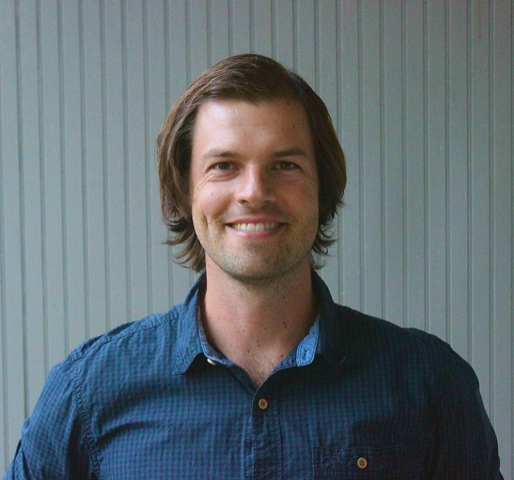Bring your lunch and join us for our weekly CST lunchtime seminar happening next Thursday:

Christopher Trisos
Senior Researcher
African Climate and Development Initiative, University of Cape Town
Thursday, August 29th – 12:30 – 14:00
CST Conference Room ~ Directions
Anthropogenic climate change is becoming a major driver of biodiversity loss, disrupting ecological assemblages, but the nature of this disruption—gradual or abrupt—and the consequences for people depend critically on the timing of individual species impacts. I will present projections of future ecological disruption due to climate warming throughout the 21st century, suggesting abrupt disruption beginning before 2030 in tropical oceans, spreading to higher latitudes by 2050, and having a global mean in the 2070s under a ‘business-as-usual’ scenario. Beyond the internationally agreed limit of 2°C warming, the risk of abrupt ecological disruption accelerates. These findings highlight the impending risk of sudden biodiversity declines from climate warming, with consequences for forecasting disruption to ecosystem services, natural climate solutions and ecosystem-based adaptation to climate change.
Christopher’s research focus is on the intersection of climate change, biodiversity and human well-being. He is a Co-ordinating Lead Author for climate change impacts, adaptation and vulnerability for the Africa region of the Intergovernmental Panel on Climate Change (IPCC), 6th Assessment Report. He has also consulted on climate change adaptation for the World Bank. Before moving to ACDI, Christopher spent three years as a postdoctoral fellow at the National Socio-Environmental Synthesis Center at University of Maryland, where his research focused on biodiversity, climate change and geoengineering. He also co-led the interdisciplinary and actionable science training program for postdocs. Christopher has a doctorate from Oxford University. His research at ACDI is funded by a Future Leader–African Independent Research (FLAIR) Fellowship from the Royal Society and the African Academy of Sciences.

